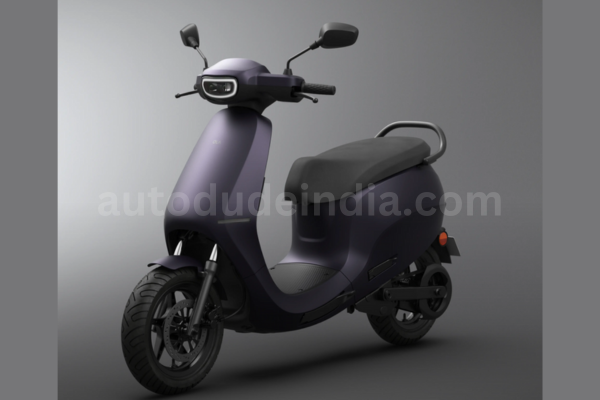BMW first FCEV will be in production from 2028.

BMW is preparing to launch its first-ever series production Fuel Cell Electric Vehicle (FCEV) by 2028, marking a milestone in automotive history. This hydrogen-powered vehicle will offer zero local emissions and add to BMW’s range of electric mobility solutions. The collaboration with Toyota aims to bring next-generation fuel cell technology to the road, advancing the hydrogen economy. The two automotive giants are pooling their expertise to develop a shared powertrain system, ensuring a cost-effective and sustainable future for FCEVs.
Key highlights:
- BMW’s first FCEV series production model is set to launch in 2028.
- Collaboration with Toyota advances hydrogen fuel cell technology.
- The partnership focuses on driving down FCEV costs and expanding infrastructure.
- BMW’s FCEV will complement existing battery electric vehicles (BEV).
- Hydrogen technology offers zero local emissions and supports renewable energy.
BMW First FCEV in Making
BMW’s new hydrogen-powered vehicle will be the first in a series of FCEVs, offering a locally zero-emission alternative to traditional powertrains. This development is the result of over a decade of collaboration between BMW and Toyota, which aims to lead the hydrogen mobility revolution. Their partnership will focus on integrating hydrogen systems into both passenger and commercial vehicles.
The joint venture will result in shared powertrain technology, helping lower development costs and increase the availability of fuel cell vehicles. BMW plans to roll out its first production model in 2028, following the success of the BMW iX5 Hydrogen pilot fleet.
Both BMW and Toyota are committed to promoting hydrogen infrastructure and the hydrogen economy. By working together with industry partners, governments, and investors, they aim to accelerate the development of refueling stations and support sustainable hydrogen supply chains.
Hydrogen-powered vehicles are expected to complement battery electric vehicles, providing a solution where BEVs may not be optimal. With hydrogen acting as an efficient energy storage medium, FCEVs can balance renewable energy supply and demand, contributing to global decarbonization efforts.
Also Read:
Toyota Confirms Century GRMN SUV for Series Production: What to Expect




